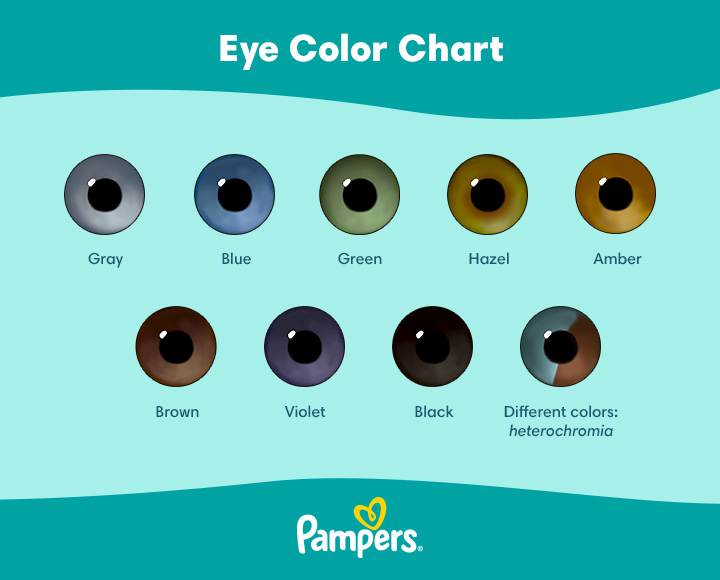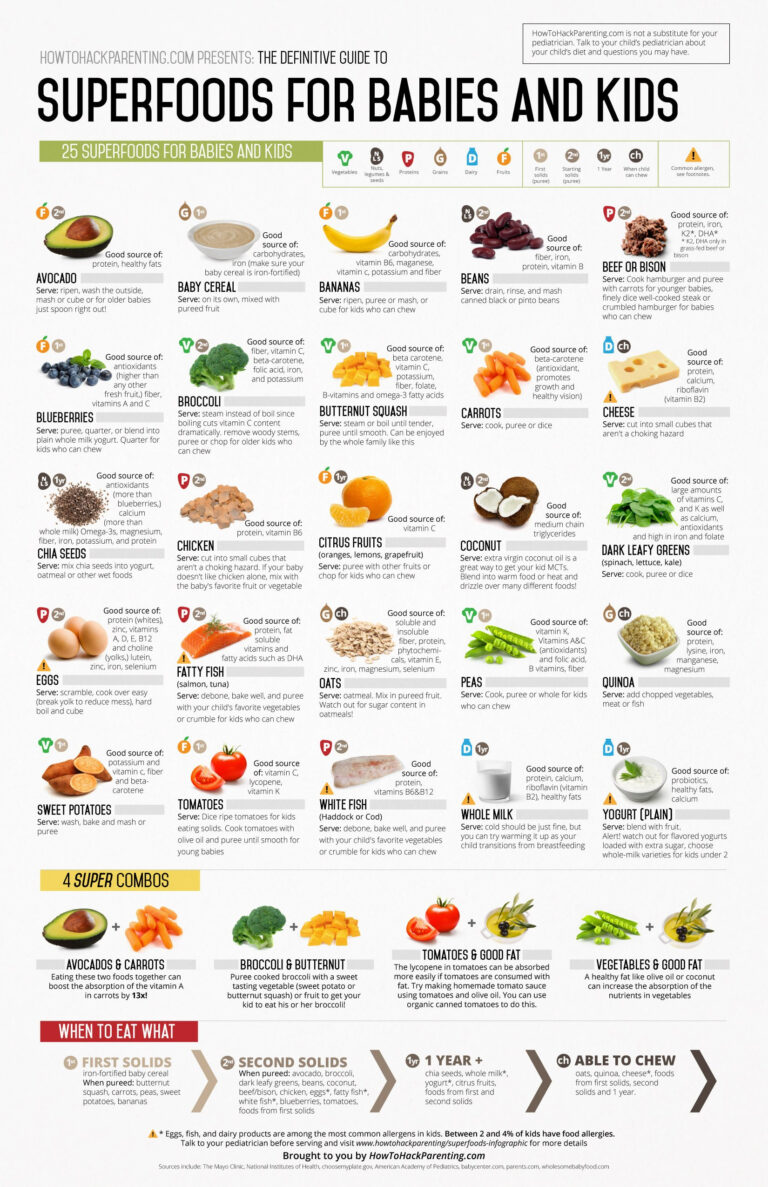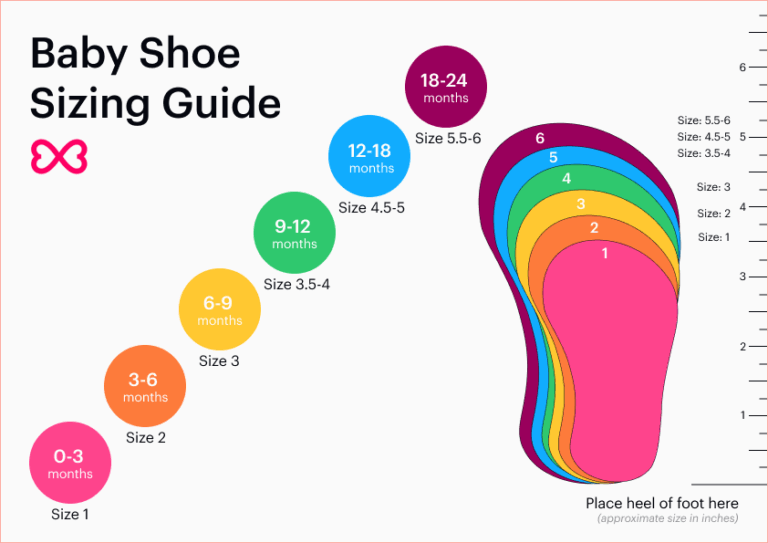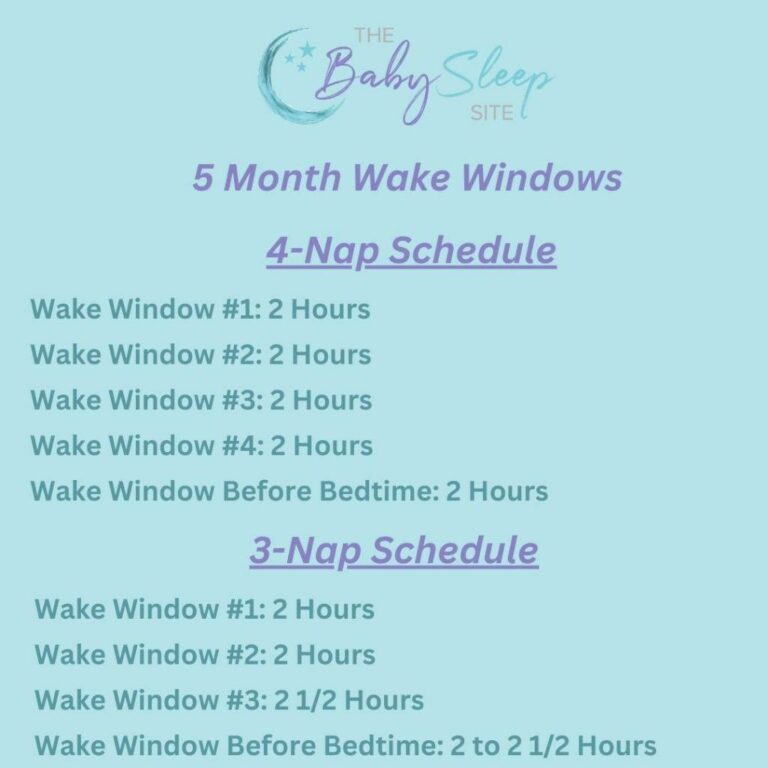No Period After Pregnancy: When to Worry and What to Do
After giving birth, it’s normal to experience vaginal bleeding for several weeks. This bleeding, known as lochia, is the body’s way of shedding the uterine lining and other tissues that supported the pregnancy. However, if you’re not getting your period after pregnancy, it can be concerning. In this article, we’ll discuss the normal duration and characteristics of postpartum bleeding, signs of prolonged bleeding, medical causes, treatment options, and when to seek medical attention.
It’s important to note that every woman’s experience is unique, and the timing of your period after pregnancy can vary. However, if you have any concerns or experience any unusual symptoms, don’t hesitate to consult with your healthcare provider.
Understanding Normal Postpartum Bleeding

After giving birth, it’s normal to have bleeding called lochia. This is your body’s way of getting rid of the lining of your uterus (womb) that was built up during pregnancy. Lochia typically lasts for 4-6 weeks, but it can vary from woman to woman.
Lochia is different from menstruation. It’s usually heavier and may contain clots. It may also be tinged with brown or pink. As your uterus heals, the lochia will gradually become lighter and more watery.
If you’re concerned about your postpartum bleeding, talk to your doctor. They can check to make sure that everything is healing properly and rule out any underlying problems.
Signs of Postpartum Hemorrhage
In some cases, postpartum bleeding can be a sign of a more serious condition called postpartum hemorrhage (PPH). PPH is a heavy bleed that occurs after childbirth. It can be life-threatening if not treated quickly.
Signs of PPH include:
- Soaking through one or more pads per hour
- Passing large clots
- Feeling faint or dizzy
- Shortness of breath
- Rapid heart rate
If you experience any of these signs, seek medical attention immediately.
Signs of Prolonged Postpartum Bleeding
Yo, after birthing your bub, bleeding’s normal, but watch out for any dodgy signs that could mean it’s gone on too long, fam.
If you’re still bleeding heavily after a few weeks, or if the bleeding gets worse instead of better, don’t sit on your hands. Get yourself to the doc pronto.
Heavy Bleeding
If you’re soaking through more than one pad or tampon every hour, or if the bleeding’s so heavy that you’re passing clots the size of golf balls, that’s a sign you need to get checked out.
Bleeding that Worsens
If your bleeding was light at first but then gets heavier, or if it stops and then starts again, don’t take any chances. Call your doc and let them know what’s up.
Other Symptoms
Keep an eye out for any other dodgy symptoms that could go hand-in-hand with prolonged bleeding, like:
- Fever
- Chills
- Foul-smelling discharge
- Pelvic pain
Medical Causes of Prolonged Postpartum Bleeding
After giving birth, it’s normal to have some bleeding for a few weeks. But if your bleeding is heavy, lasts longer than expected, or has a bad smell, it could be a sign of a medical problem.
There are several medical conditions that can cause prolonged postpartum bleeding. These include:
Uterine Atony
Uterine atony is a condition in which the uterus does not contract properly after childbirth. This can lead to excessive bleeding. Uterine atony is often treated with medication or surgery.
Retained Placenta
A retained placenta is when the placenta does not come out of the uterus after childbirth. This can also lead to excessive bleeding. A retained placenta is usually treated with surgery.
Infection
An infection in the uterus or other reproductive organs can also cause prolonged postpartum bleeding. Infections are usually treated with antibiotics.
Diagnostic Procedures
If you are experiencing prolonged postpartum bleeding, your doctor will likely perform a physical exam and ask you about your symptoms. They may also order one or more of the following tests:
- Blood tests
- Ultrasound
- Endometrial biopsy
These tests can help your doctor diagnose the cause of your bleeding and recommend the appropriate treatment.
Treatment Options for Prolonged Postpartum Bleeding
If you’re experiencing prolonged postpartum bleeding, it’s important to seek medical attention to rule out any underlying medical conditions. There are a number of treatment options available, depending on the cause and severity of the bleeding.
Medications
Medications can be used to stop or reduce postpartum bleeding. These include:
- Oxytocin: This hormone helps the uterus contract, which can reduce bleeding.
- Misoprostol: This medication is used to soften the cervix and help the uterus contract.
- Tranexamic acid: This medication helps to stop bleeding by preventing blood clots from breaking down.
Procedures
If medications are not effective, a procedure may be necessary to stop the bleeding. These include:
- Uterine balloon tamponade: A balloon is inserted into the uterus and inflated to put pressure on the bleeding vessels.
- Uterine artery embolization: This procedure involves blocking the arteries that supply blood to the uterus.
- Hysterectomy: This is a surgical procedure to remove the uterus.
Effectiveness and Risks
The effectiveness and risks of each treatment option vary depending on the individual patient. It’s important to discuss the benefits and risks with your doctor before making a decision about treatment.
Prevention of Prolonged Postpartum Bleeding
Preventing prolonged postpartum bleeding is crucial for maintaining a healthy recovery after childbirth. Several measures can help minimize the risk of excessive bleeding.
Prenatal Care
- Regular prenatal checkups allow healthcare professionals to monitor your health and identify any potential risk factors for prolonged bleeding.
- Your healthcare provider can recommend lifestyle changes, such as avoiding smoking and excessive caffeine intake, which can affect blood clotting.
Proper Nutrition
- A balanced diet rich in iron, vitamin C, and vitamin K supports healthy blood clotting and reduces the risk of anemia, which can contribute to excessive bleeding.
- Iron-rich foods include red meat, fish, beans, and leafy green vegetables.
- Vitamin C aids in the absorption of iron, and good sources include citrus fruits, berries, and bell peppers.
- Vitamin K is essential for blood clotting, and leafy green vegetables, such as spinach and kale, are good sources.
Medications
- Certain medications, such as non-steroidal anti-inflammatory drugs (NSAIDs), can interfere with blood clotting and should be avoided during the postpartum period.
- Always consult your healthcare provider before taking any medications after childbirth to avoid potential risks.
Emotional and Psychological Impact of Prolonged Postpartum Bleeding
Prolonged postpartum bleeding can have a significant emotional and psychological impact on women. It can lead to feelings of anxiety, depression, and isolation. Women may also feel embarrassed or ashamed about their bleeding, which can make it difficult for them to seek help.
There are a number of resources and support systems available for women who are experiencing prolonged postpartum bleeding. These include:
- Healthcare providers: Doctors and midwives can provide medical advice and treatment for prolonged postpartum bleeding. They can also offer emotional support and guidance.
- Support groups: There are a number of support groups available for women who are experiencing prolonged postpartum bleeding. These groups can provide a safe and supportive environment where women can share their experiences and learn from others.
- Online resources: There are a number of online resources available for women who are experiencing prolonged postpartum bleeding. These resources can provide information about the condition, as well as tips for coping with the emotional and psychological challenges.
It is important for women who are experiencing prolonged postpartum bleeding to seek help from a healthcare provider. Treatment can help to stop the bleeding and reduce the risk of complications. Emotional support can also help women to cope with the challenges of prolonged postpartum bleeding.
Frequently Asked Questions
How long does postpartum bleeding typically last?
Postpartum bleeding typically lasts for 4-6 weeks, but it can vary from woman to woman.
What is the difference between lochia and menstruation?
Lochia is the vaginal bleeding that occurs after childbirth and is composed of blood, mucus, and uterine tissue. Menstruation, on the other hand, is the monthly shedding of the uterine lining that occurs during a woman’s reproductive years.
When should I be concerned about prolonged postpartum bleeding?
Seek medical attention if your postpartum bleeding is heavier than a normal period, lasts longer than 6 weeks, or is accompanied by other symptoms such as fever, chills, or foul-smelling discharge.
What are the medical causes of prolonged postpartum bleeding?
Prolonged postpartum bleeding can be caused by uterine atony (failure of the uterus to contract), retained placenta, or infection.
What are the treatment options for prolonged postpartum bleeding?
Treatment options for prolonged postpartum bleeding include medications, procedures such as uterine massage or dilation and curettage (D&C), and in severe cases, surgery.





